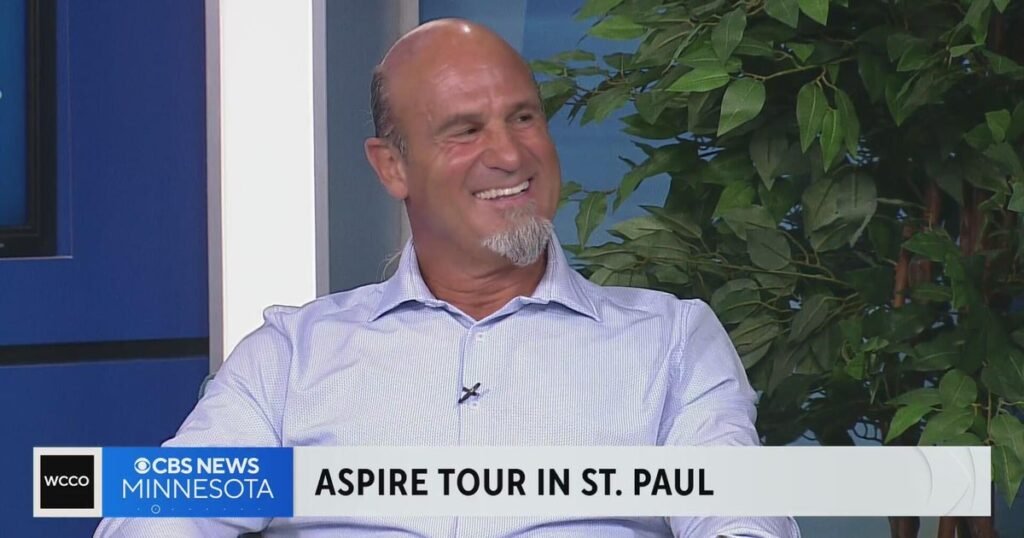The Wall Street Journal, its parent company and Rupert Murdoch asked a federal judge to dismiss Donald Trump‘s $10 billion defamation lawsuit over the publication’s report on the president’s past connections to Jeffrey Epstein.
“In an affront to the First Amendment, the President of the United States brought this lawsuit to silence a newspaper for publishing speech that was subsequently proven true by documents released by Congress to the American publis,” the Journal’s attorneys wrote in the motion. “By its very nature, this meritless lawsuit threatens to chill the speech of those who dare to publish content that the President does not like.”
The attorneys also challenged the notion the that the article could have damaged Trump’s reputation, noting that he had “publicly admitted to ‘locker room talk’ and has made numerous bawdy public statements,” as well as to his relationship with Epstein.
Read the Wall Street Journal motion to dismiss Trump’s lawsuit.
In July, the Journal reported on a letter in Trump’s name that was included in an album given to Epstein for his 50th birthday in 2003. The letter, the Journal reported, “contains several lines of typewritten text framed by the outline of a naked woman, which appears to be hand-drawn with a heavy marker,” the Journal reported, adding that a “pair of small arcs denotes the woman’s breasts, and the future president’s signature is a squiggly ‘Donald’ below her waist, mimicking pubic hair.”
Trump denied to the Journal that he wrote the letter and threatened to sue. He also has said that he spoke to Murdoch beforehand, and the media mogul told him he would “take care of it.”
The letter was later part of the batch of material released by the House Oversight Committee in August. The Journal motion included a copy of the letter, and noted that the article did not assert “as a matter of fact that [Trump] personally singed the letter or drew the image.”
The Journal’s attorneys wrote in the motion, “First, the Article is true. The Birthday Book as produced by the Epstein estate and later publicly released by the House Oversight Committee contains a letter identical to the one described in the Article. In his lawsuit, Trump’s legal team claimed that “no authentic letter or drawing exists.”
The Journal’s attorneys also wrote, “Even if it had reported that President Trump personally crafted the letter—and it does not—there is nothing defamatory about a person sending a bawdy note to a friend, and the Article cannot damage Plaintiff’s reputation as a matter of law. Plaintiff acknowledged his friendship with Epstein. As the Article reports, three months before the Birthday Book was gifted to Epstein, a New York magazine article quoted Plaintiff as saying that he had known Epstein for “15 years” and that Epstein was a “terrific guy,” “a lot of fun to be with,” and “likes beautiful women as much as I do.” President Trump has also publicly admitted to ‘locker room talk’ and has made numerous bawdy public statements. The Article is therefore consistent with President Trump’s self-described reputation.”
In fact, the Journal’s attorneys cited Trump’s past comments captured on the infamous Access Hollywood tape, in which he told Billy Bush “when you’re a star, they let you do it. You can do anything. . . Grab them by the pussy.” Trump’s campaign dismissed the comment at the time as “locker room talk.”
The Journal attorneys also contended that there “is not a whiff of plausible allegation of actual malice.”
In his lawsuit, Trump’s attorneys wrote, “Hundreds of millions of people have already viewed the false and defamatory statements published by Defendants. And given the timing of the Defendants’ article,
which shows their malicious intent behind it, the overwhelming financial and reputational harm
suffered by President Trump will continue to multiply.”
The Journal motion also sought attorneys fees and costs, as attorneys cited the anti-SLAPP statute in New York and Florida.




